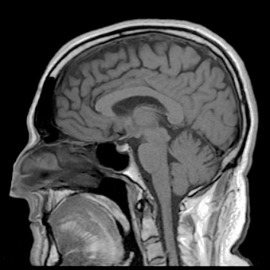by
Lauren Dubinsky, Senior Reporter | June 24, 2015

Courtesy of the University of York
Researchers from the Universities of York and Oviedo in Spain have developed a test that may help physicians diagnose Alzheimer’s in the early stages. The test provides a better understanding of why Alzheimer’s patients struggle to recognize and understand words.
Alzheimer’s disease is challenging to diagnose in the early stages because it's difficult to distinguish between the different forms of dementia. However, in the early stages of Alzheimer’s, patients report trouble remembering events and understanding and producing words.
The researchers aimed to uncover whether a patient’s ability to recognize words is in fact impaired in the early stages and what properties of words make them easier or harder to comprehend.



Ad Statistics
Times Displayed: 365183
Times Visited: 6996 Quality remanufactured Certified Centrifuges at Great prices! Fully warranted and backed by a company you can trust! Call or click for a free quote today! www.Centrifugestore.com 800-457-7576
The study consisted of forty patients with mild or moderate Alzheimer’s disease between the ages 66 and 91 and 25 healthy controls of the same age, gender and years of education. Both groups were shown real words on a computer screen mixed with invented words.
For each trial of the experiment, there was one real word on the screen and three non-words and the participants were instructed to point to the real word. The researchers wanted to evaluate whether the words look familiar to the participants, instead of asking them to explain the meanings of words, which is something they struggle to do.
The healthy control group was able to select the real words with little difficulty and so the researchers inferred that the Alzheimer's patients would have known the words prior to the onset of the disease. They found that the Alzheimer’s patients missed about one in five of the real words.
The researchers then took a closer look at what properties of words made them easier or harder for patients to recognize. They found that patients recognize common words better than less common words, words with concrete meanings better than words with abstract meanings and words learned early in life better than words that were learned in later childhood or adulthood.
“We speculate that the damage responsible for the problems in word recognition and production that we and other researchers have identified, stem particularly from loss of cells in an area at the front of the left temporal lobe that is crucially involved in processing the meanings of concepts and words,” Andrew Ellis, professor in the department of psychology at York, said in a statement.

